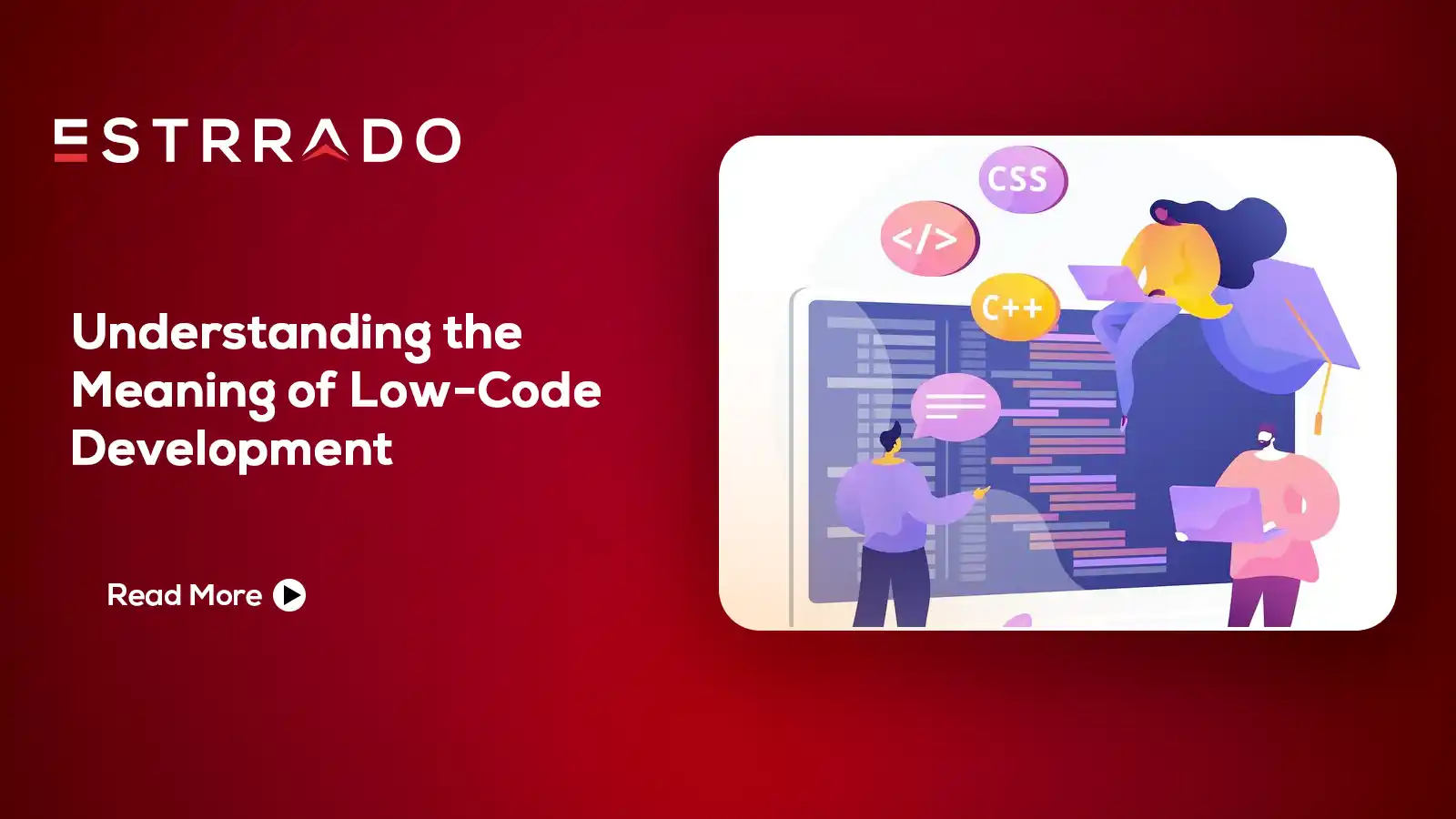Introduction
Whether you are diving into the world of website development for your business or personal portfolio, a website can be a powerful tool for reaching your audience. But before you jump into design and coding, there are some crucial questions to ask yourself. Overlooking these initial steps can lead to a website that misses the mark, wastes resources, and doesn’t achieve your goals.
Think of these questions as the foundation of your website. Get them right, and the rest will come together with ease:
1. What’s the Purpose?
Every website exists for a reason. What’s yours? Are you selling products, showcasing your work, or building a community? Understanding your purpose guides every decision, from content to design.
2. Who Are You Targeting?
Imagine your ideal visitor. Who are they? What are their needs and interests? Knowing your target audience helps tailor your website’s messaging, visuals, and navigation to resonate with them.
3. What Actions Do You Want Visitors to Take?
Simply having visitors isn’t enough. What do you want them to do once they arrive? Buy something, subscribe to your newsletter, or contact you. Define your “call to action” and design your website around it.
4. What Competition Exists?
Research your online competition. What are they doing well? Where can you improve or offer something unique? Understanding the landscape helps you position your website strategically.
5. What Content Will You Present?
Content is king, so plan what you’ll offer. Consider blog posts, product descriptions, videos, or interactive elements. Ensure it’s high-quality, relevant to your audience, and supports your overall goals.
6. Do You Need Specific Features?
Think about essential functionalities. Do you need an online store, booking system, or membership area? Defining these upfront ensures your website can accommodate your needs.
7. What Does “Success” Look Like?
How will you measure success? Website traffic, sales conversions, social media engagement? Set clear, measurable goals to track progress and assess the website’s effectiveness.
8. What’s Your Budget and Timeline?
Website development requires resources. Define your budget for design, development, hosting, and maintenance. Set realistic timelines to avoid delays and frustration.
9. Will You Maintain the Website Yourself?
Websites need regular updates and maintenance. Do you have the time and skills, or will you hire someone? Factor this into your planning and budget.
10. Do You Need Accessibility Considerations?
Think about inclusivity. Does your website design cater to people with disabilities? Ensuring accessibility makes your website open to everyone and improves user experience.
Bonus Questions
- What branding guidelines do you have? (Colors, fonts, logos)
- Do you have existing content to migrate?
- What mobile-friendliness level do you require?
- Are there any legal or privacy considerations?
Remember, these are just starting points. Dive deeper into each question based on your specific needs. Conduct competitor analysis, research user trends, and explore best practices in your industry.
Conclusion
Investing time in these questions before development saves you time, money, and frustration in the long run. By laying a solid foundation, you’ll build a website that truly serves your purpose and connects with your audience. So, take time to answer these questions honestly, and watch your website blossom into a digital success story!
Frequently Asked Questions (FAQs)
Building a website can be exciting, but also overwhelming! Here are some common questions and answers to guide you through the process:
I don’t have any coding experience. Can I still build a website?
Absolutely! There are several options for non-coders. Website builders like Wix and Squarespace offer drag-and-drop interfaces and pre-designed templates. For more flexibility, consider Content Management Systems (CMS) like WordPress, which offer plugins and themes for customization.
How much does a website cost?
Costs vary depending on complexity, features, and development approach. Website builders often have affordable monthly plans, while custom development can range from a few hundred to thousands of dollars. Consider your budget and define priorities to find the right solution.
What’s the difference between web design and web development?
Web design focuses on the visual aspect of your website, like layout, colors, and fonts. Web development translates the design into a functional website using code. Both are crucial, but some individuals or agencies offer combined services.
Do I need to buy my domain name and hosting?
Yes, unless you use a free website builder platform with limitations. A domain name is your website’s address, while hosting stores the website’s files and makes it accessible online. Many web builders offer bundled plans with domain and hosting included.
How long does it take to build a website?
Again, it depends on complexity. Simple websites built with templates can be launched within days, while custom development projects might take weeks or even months. Communicate your timeframe with your developer or platform to set realistic expectations.
How can I make my website SEO-friendly?
Search Engine Optimization (SEO) helps your website rank higher in search results. Use relevant keywords, optimize titles and descriptions, and ensure mobile-friendliness. Many website builders and CMS offer SEO plugins and tools to assist you.
Do I need to update my website regularly?
Yes! Fresh content keeps visitors engaged and improves SEO. Update regularly with new blog posts, product information, or news. Maintaining plugins and software is also crucial for security and functionality.
Where can I find help with website development?
Numerous resources are available! Online tutorials, forums, and communities offer free guidance. Professional web designers and developers can handle complex projects for a fee.
Remember: Planning and asking the right questions are key. With thoughtful preparation and the right tools, you can build a website that achieves your goals and shines online!








